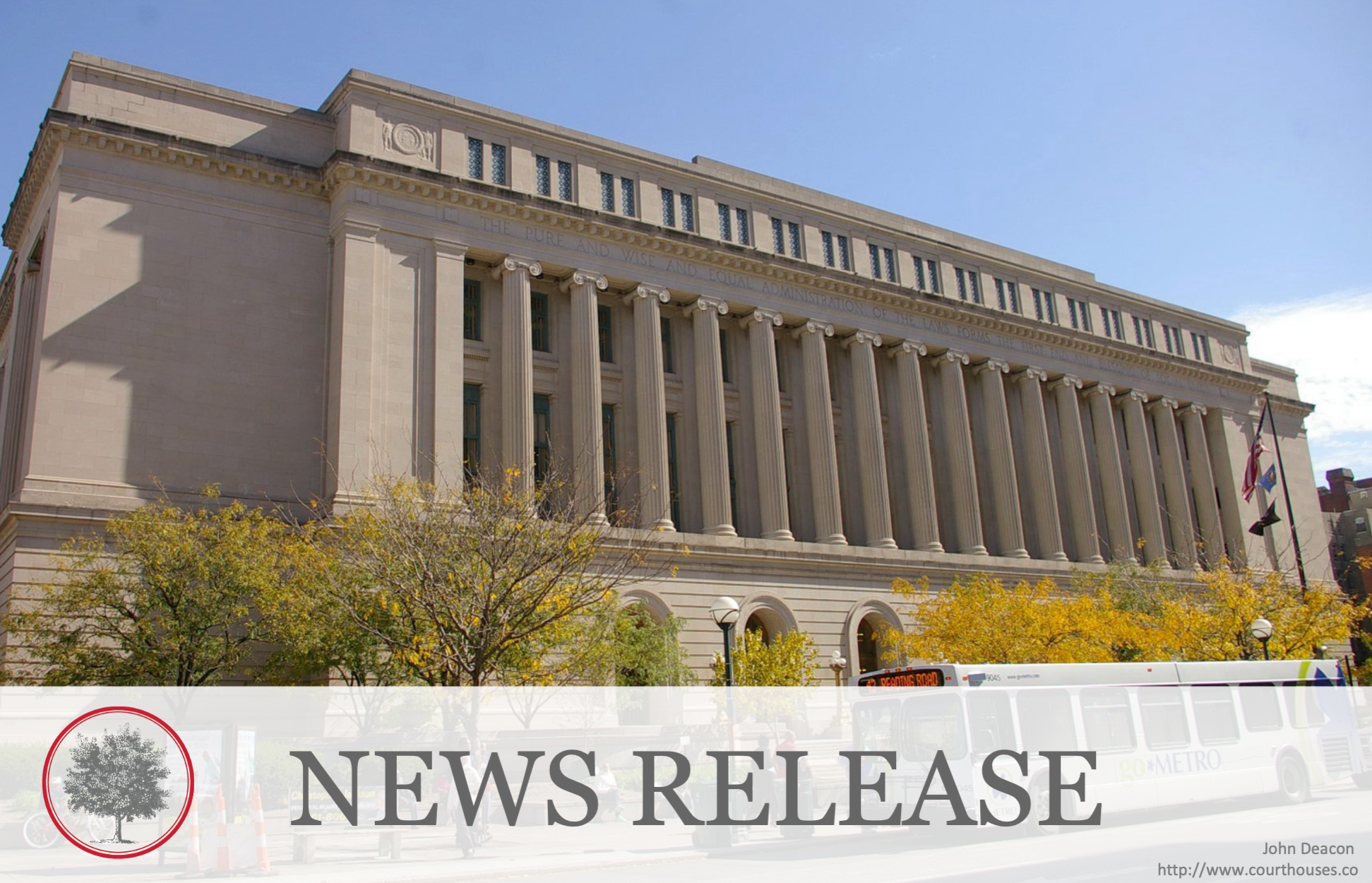|
|
Littlejohn v. AFSCME |
For media inquiries, please contact:
Lisa Gates, vice president of communications
(614) 224-3255 or Lisa@BuckeyeInstitute.org
Background on the Case
Key Questions in the Case: Can a union continue to collect dues for the duration of the union contract from people who have quit the union and are no longer members? Can a union place limitations on when and how a member may leave the union and impose a penalty for leaving?
On June 27, 2018, the United States Supreme Court issued its landmark ruling in Janus v. AFSCME, holding that public employees cannot be forced to support political speech or other activities without their affirmative consent. This opinion reinforced the law regarding public employees’ rights to avoid compelled payments to the unions chosen to represent them.
Despite the historic court decision, many government unions have refused to recognize workers’ Janus rights and have continued to take money from public employees’ paychecks—employees whom the unions themselves have acknowledged have quit the union and are therefore no longer union members. Using a legal sleight-of-hand to claim that workers can quit the government union only during specified opt-out windows that may be months or even years in the future, government unions claim that they can keep taking money from workers’ paychecks regardless of the fact that these workers are not members of the union.
These government unions claim that the employees—in this case, Necole Littlejohn—signed a contract authorizing the unions to keep deducting membership dues from their paychecks even after they are no longer members of the union. Ohio’s law simply does not allow this unethical practice, and it is time for the court to tell the unions and the government that their practices are illegal and that they must stop taking money from workers’ paychecks.
To make matters worse, the courts tell workers that they need to file these cases with the State Employment Relations Board (SERB), and SERB tells workers that they have no jurisdiction in contract disputes and that workers need to file these cases in court. This Catch-22 leaves Ohio’s hardworking public employees with nowhere to go to recoup money taken out of their paychecks once the employees tell the unions to stop taking their money.
In Littlejohn v. AFSMCE, The Buckeye Institute is asking the court to order the government union to:
- Stop taking money out of Ms. Littlejohn’s paycheck;
- Refund money taken from her after she quit the government union;
- Issue an injunction to prevent further union membership dues deductions from her paycheck;
- Award Ms. Littlejohn’s costs and attorneys’ fees; and
- Declare whether SERB or Ohio courts have jurisdiction in union contract dispute cases.
About Buckeye’s Client
In June 2022, Necole Littlejohn, a hospital employee with the city of Cincinnati, notified her employer and the American Federation of State, County, and Municipal Employees (AFSCME), Ohio Council 8 of the AFL-CIO that she was resigning from the government union.
In fact, the union accepted her resignation. What the government union refused to do—and continues to refuse to do—is to stop stealing wages from Ms. Littlejohn’s paycheck. To make matters even worse, the government union also refuses to refund Ms. Littlejohn for vacation time, which she was required to contribute to a “vacation time bank” for union activities from her paid-time-off balance.
Ms. Littlejohn wants nothing more than for the government union, which she is not a member of, to stop taking money out of her paycheck.
Facts of the Case
Current Status
The Buckeye Institute’s appeal is pending with Ohio’s First District Court of Appeals.
Originally Filed
State Employment Relations Board: December 7, 2023
Hamilton County Court of Common Pleas: July 30, 2024
Case Number
State Employment Relations Board: 2023-ULP-12-0146
Hamilton County Court of Common Pleas: A 2403410
Ohio First District Court of Appeals: C250020
Lawyers
David C. Tryon, director of litigation, The Buckeye Institute
Jay R. Carson, senior litigator, The Buckeye Institute
Claims in the Case
Deducting union membership dues from the paychecks of a worker who has quit the union is illegal because the “contract” between the union and the employee was rescinded or voided. This assertion is based upon Ohio contract law, specifically the doctrines of recission based on mutual repudiation, mutual mistake, unenforceable penalty, unconscionable contracts of adhesion, and unjust enrichment.
The Buckeye Institute’s client is asking for damages in the amount of the union membership dues taken from her after she quit the government union, and she is requesting an injunction to prevent further union membership dues deductions from her paycheck. The Buckeye Institute also asks the court to declare whether SERB or Ohio courts have jurisdiction in union contract dispute cases.
Related Cases
Chandler v. OAPSE
Sheldon v. OAPSE
Swanner v. OAPSE
Timeline of the Case
March 17, 2025
The Buckeye Institute appeals Littlejohn v. AFSCME to Ohio’s First District Court of Appeals.
December 16, 2024
Hamilton County Court of Common Pleas grants AFSCME’s motion to dismiss Littlejohn v. AFSCME.
July 30, 2024
The Buckeye Institute appeals the State Employment Relations Board decision to the Hamilton County Court of Common Pleas.
June 20, 2024
The State Employment Relations Board dismissed the charge without addressing the contractual issues The Buckeye Institute raised.
December 7, 2023
The Buckeye Institute files Littlejohn v. AFSCME with the State Employment Relations Board.


